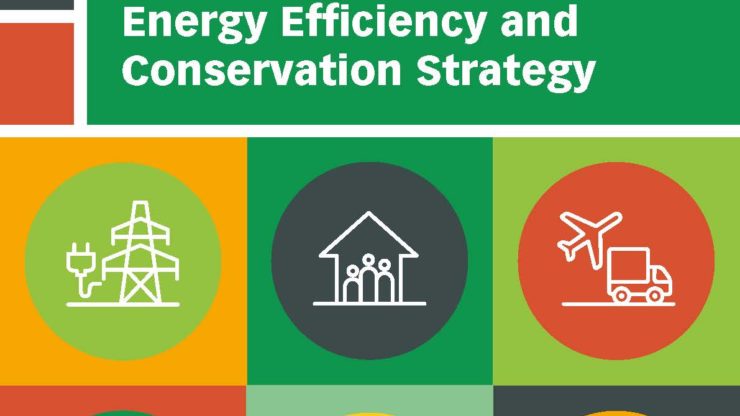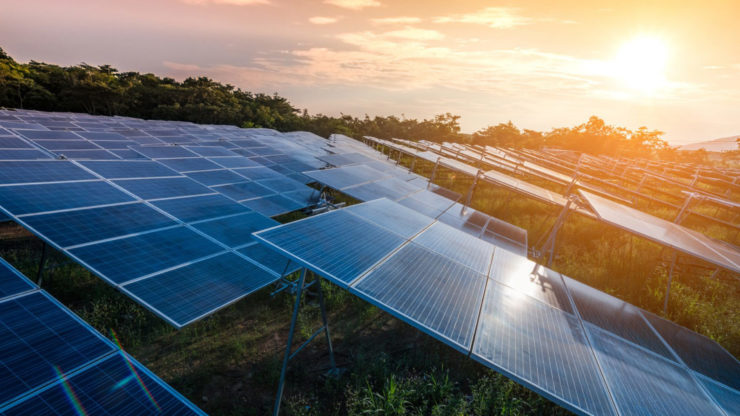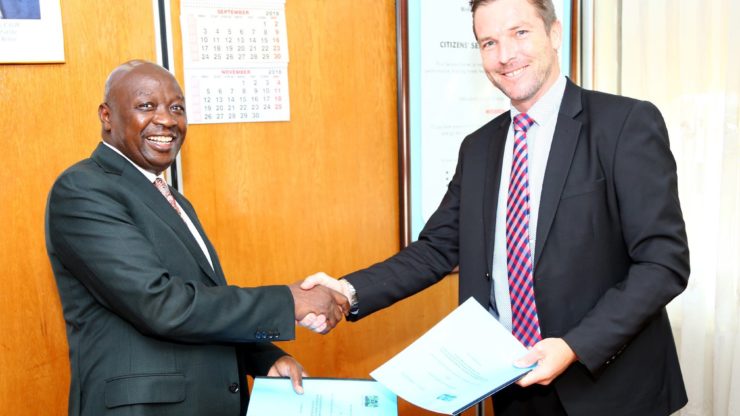Key national and international stakeholders gathered this week to validate the Implementation Plan of Kenya’s ambitious Energy Efficiency and Conservation Strategy.
The strategy was developed by a Technical Committee consisting of representatives of key stakeholders from government agencies and businesses under the guidance of the Ministry of Energy along with experts from UNEP Copenhagen Climate Centre (UNEP-CCC). As the Energy Efficiency Hub of SEforALL, UNEP-CCC has provided technical support to the Ministry of Energy in further developing the Implementation Plan.
Based on input collected during the validation workshop, the Kenyan Ministry of Energy plan to make minor adjustments to the implementation plan before it will be officially endorsed.
Concrete action
The Implementation Plan elaborates the concrete projects and actions to achieve the ambitious target in the Energy Efficiency and Conservation Strategy of 2.8% annual energy efficiency improvement and 30% reduction in GHG emissions by 2030 relative to Business as Usual.
Improvements in energy efficiency from the strategy will help reduce the demand for fossil fuels while enhancing the potential of renewable energy to meet a larger portion of the country’s energy needs. Furthermore, the strategy will contribute towards the achievement of Kenya’s Paris Agreement commitments, as well as SDG 7 on affordable and clean energy.
The Energy Efficiency and Conservation Strategy was launched in September 2020, and marked a preliminary culmination of a five-year agreement between UNEP-CCC (then UNEP DTU Partnership) and the Ministry of Energy of Kenya. The 2018 agreement aims at accelerating energy efficiency actions and ensuring that the country achieves its ambitious targets.
In the development of the strategy, UNEP-CCC provided support in the form of data collection, preparing the initial draft, reviewing the intermediate drafts, and producing the final Strategy.
Call for support
The Implementation Plan elaborates action plans for five sectors, households, buildings, industry and agriculture, transport, and power utilities. The plan elaborates the actions to be taken by specific stakeholders in each sector, including budget estimates and targets for each action regarding energy-saving and GHG emission reduction.
The Ministry of Energy calls for support from international development partners to support the national and local governments in carrying out the actions in the Implementation Plan. During the workshop, development partners, including UNEP-CCC, SEforALL, GIZ, and the European Union, responded to the call and expressed commitment for further support.
As well as the work on the energy efficiency strategy and the implementation plan, UNEP-CCC is also supporting Kenya through professional training for energy efficiency practitioners, deployment of renewable energy and NDC transparency work.



